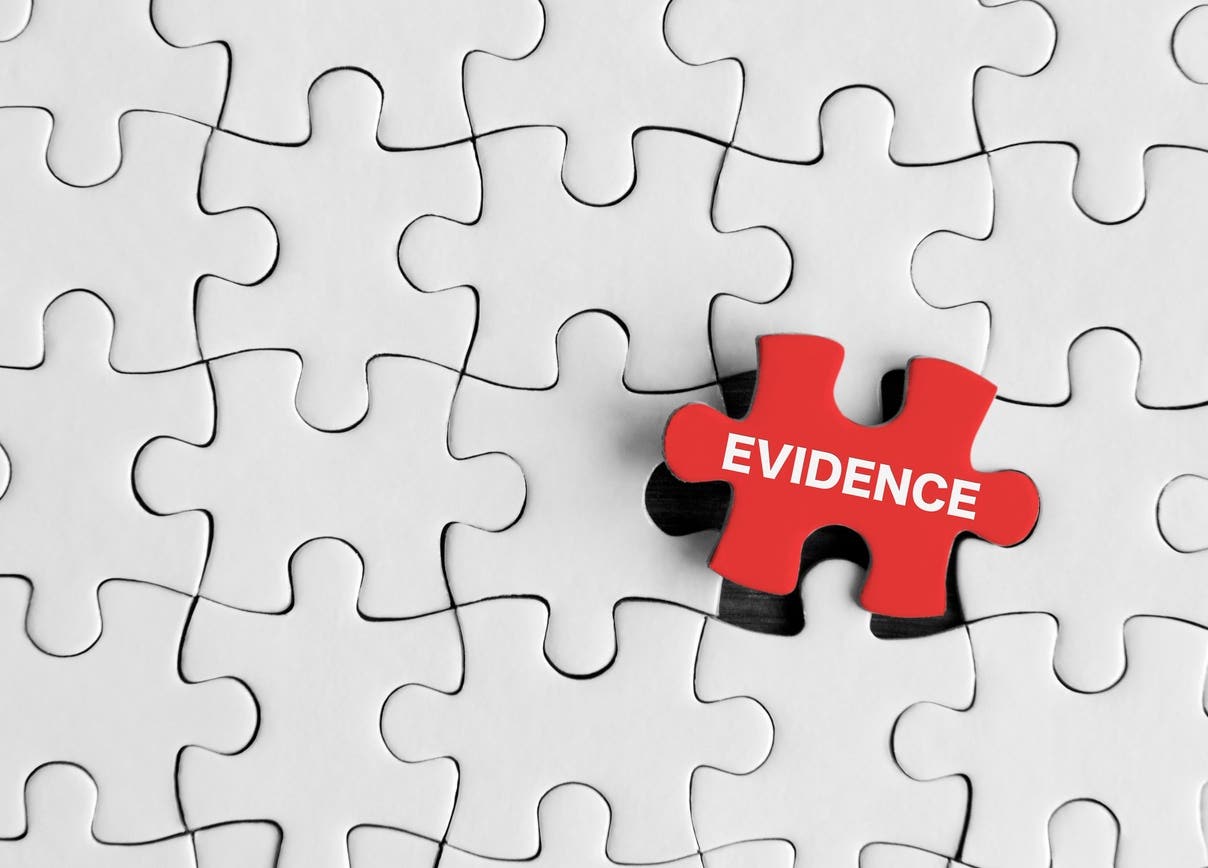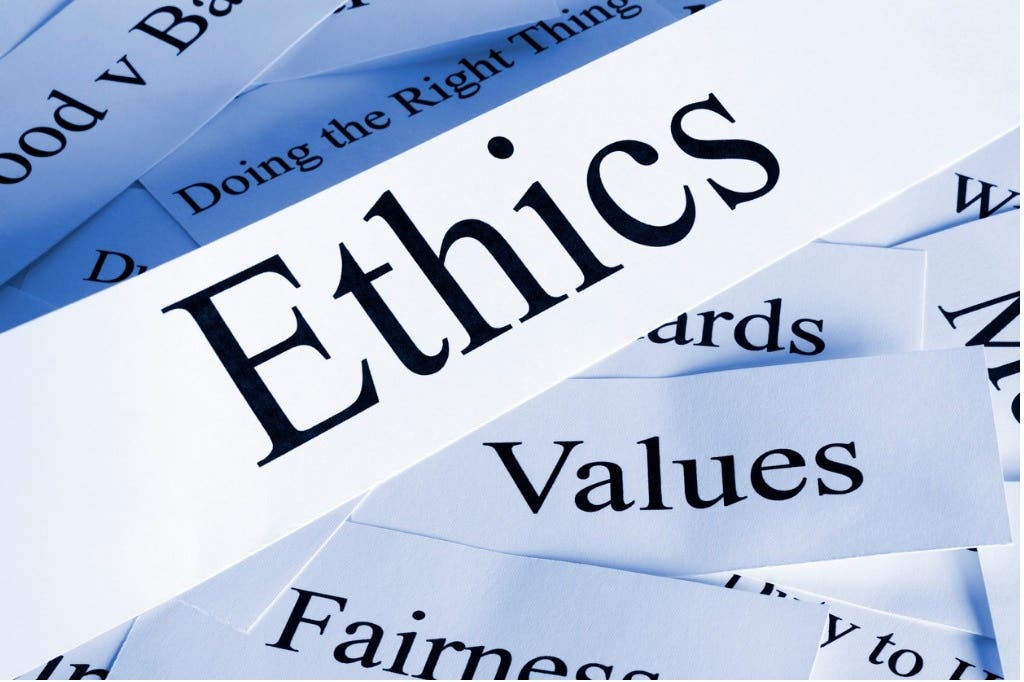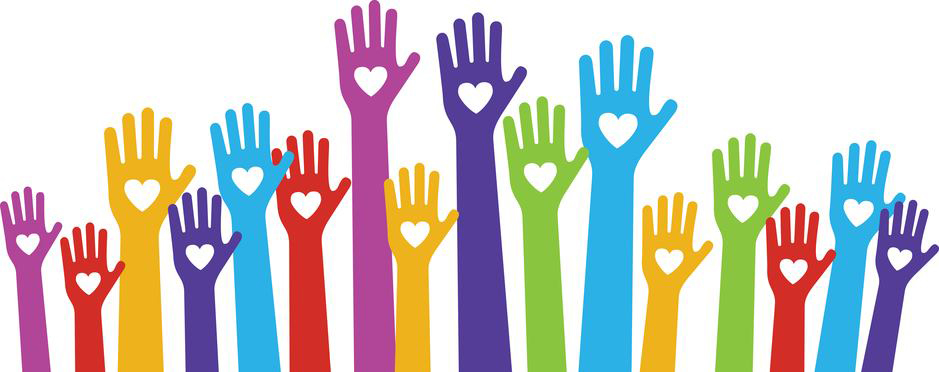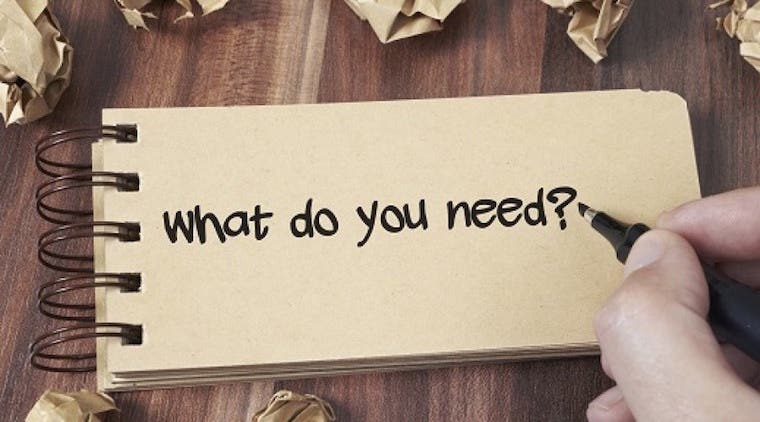Substance Abuse and Mental Health Services Administration (SAMHSA)
Attention community mental health centers! Does your organization serve individuals with serious emotional disturbance (SED), serious mental illness (SMI), and/or co-occurring disorder (COD) of SMI or SED and substance use disorders? And were your clients, staff, and services impacted by the COVID-19 pandemic? SAMHSA is now accepting applications for its 2021 Community Mental Health Centers (CMHC) grant program. During the pandemic, the needs of many individuals with behavioral health conditions – including minority populations and economically disadvantaged communities – have not been effectively met. The CMHC program aims to support CMHC staff and other caregivers and to restore the delivery of clinical services impacted by the pandemic.
Proposals for this program are
due May 21, 2021, with an anticipated project start date of September 30, 2021.







